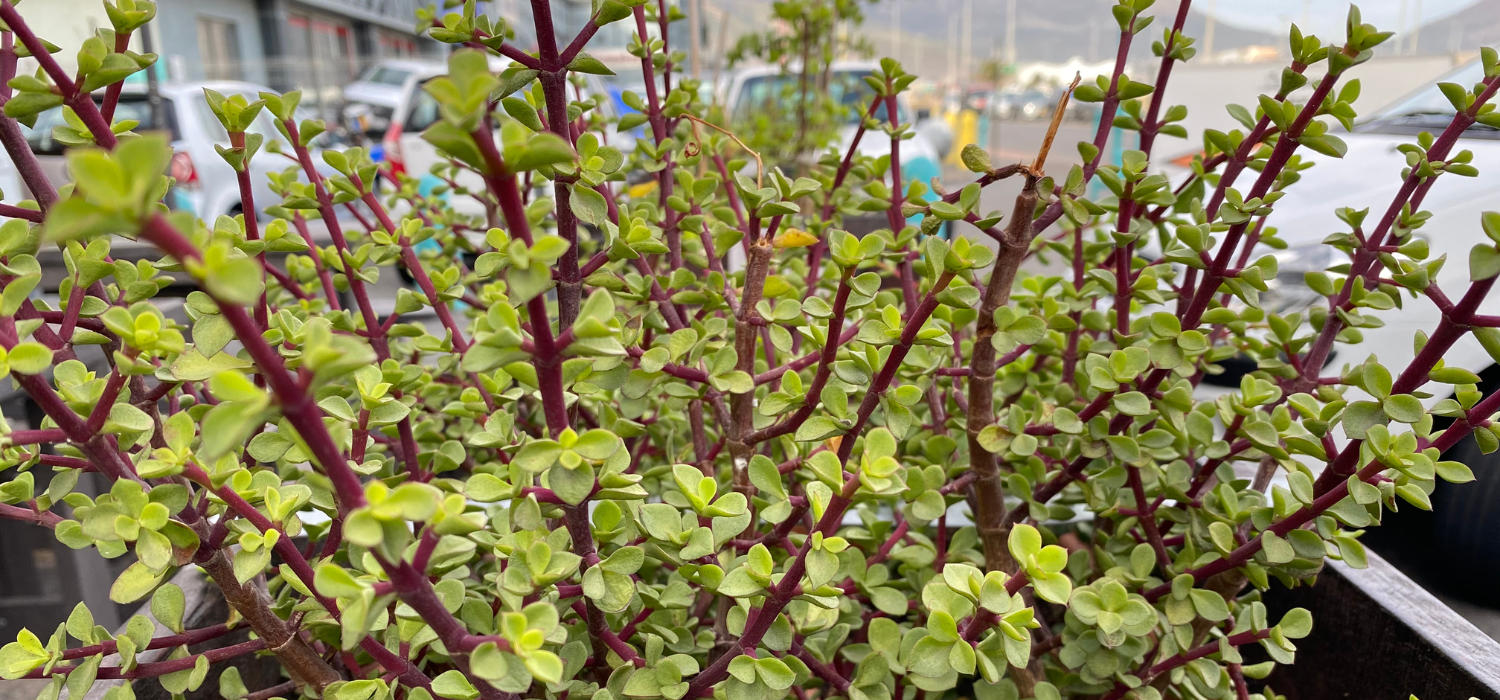Soil erosion is a critical environmental issue, especially in regions like the Western Cape of South Africa, where factors such as topography, weather patterns, and land use practices contribute to its prevalence. One effective solution to combat soil erosion is strategic planting of trees and shrubs, which stabilize soil, reduce runoff, and enhance biodiversity. Winter, with its cooler temperatures and higher rainfall, presents an ideal opportunity for planting to ensure strong root establishment before the dry summer months. This article aims to highlight suitable trees and shrubs for winter planting in the Western Cape region to mitigate soil erosion.
Outdoor accessories can greatly enhance your garden and entertainment area. Shop online or in store at Creative Living.
- Spekboom (Portulacaria afra):
- Spekboom is a resilient succulent indigenous to South Africa, known for its ability to store water and prevent erosion.
- Its dense foliage and deep root system make it effective in stabilizing soil on slopes and preventing runoff.
- Spekboom is adaptable to various soil types and requires minimal maintenance once established, making it an excellent choice for erosion-prone areas.
- Cape Honeysuckle (Tecoma capensis):
- Cape Honeysuckle is a fast-growing shrub native to South Africa, prized for its vibrant orange flowers and dense growth habit.
- Its extensive root system helps bind soil particles together, reducing erosion risks on slopes and embankments.
- Cape Honeysuckle is drought-tolerant once established but benefits from regular watering during its initial growth phase.
- Wild Olive (Olea europaea subsp. africana):
- Wild Olive is a hardy evergreen tree indigenous to South Africa, renowned for its attractive foliage and drought tolerance.
- Its deep roots penetrate soil layers, stabilizing slopes and preventing soil displacement during heavy rainfall.
- Wild Olive thrives in well-drained soils and requires minimal maintenance, making it suitable for erosion control in a variety of landscapes.
- Kei Apple (Dovyalis caffra):
- Kei Apple is a thorny shrub or small tree native to South Africa, valued for its dense growth and ability to form impenetrable thickets.
- Its extensive root system anchors soil effectively, particularly in coastal regions where wind and tidal erosion are prevalent.
- Kei Apple produces edible fruits and can thrive in sandy soils with good drainage, making it a valuable addition to erosion control efforts.
- Milkwood (Sideroxylon inerme):
- Milkwood is a coastal tree species native to South Africa, recognized for its salt tolerance and dense foliage.
- Its deep root system helps stabilize sand dunes and coastal slopes, reducing erosion caused by wind and water.
- Milkwood is an excellent choice for coastal erosion control projects and can also enhance biodiversity by providing habitat for wildlife.
Illuminate your newly planted trees at night with a wide selection of outdoor lighting from Creative Living.
Planting trees and shrubs in the winter season presents a strategic opportunity to combat soil erosion in the Western Cape of South Africa. By selecting species with deep root systems, dense foliage, and tolerance to local conditions, such as drought and coastal exposure, land managers can effectively stabilize soil and protect valuable ecosystems.
Additionally, incorporating native species promotes biodiversity and resilience in the face of environmental challenges. Through concerted efforts in winter planting initiatives, communities can work towards sustainable land management practices and mitigate the adverse effects of soil erosion on the Western Cape landscape.
